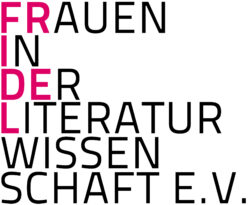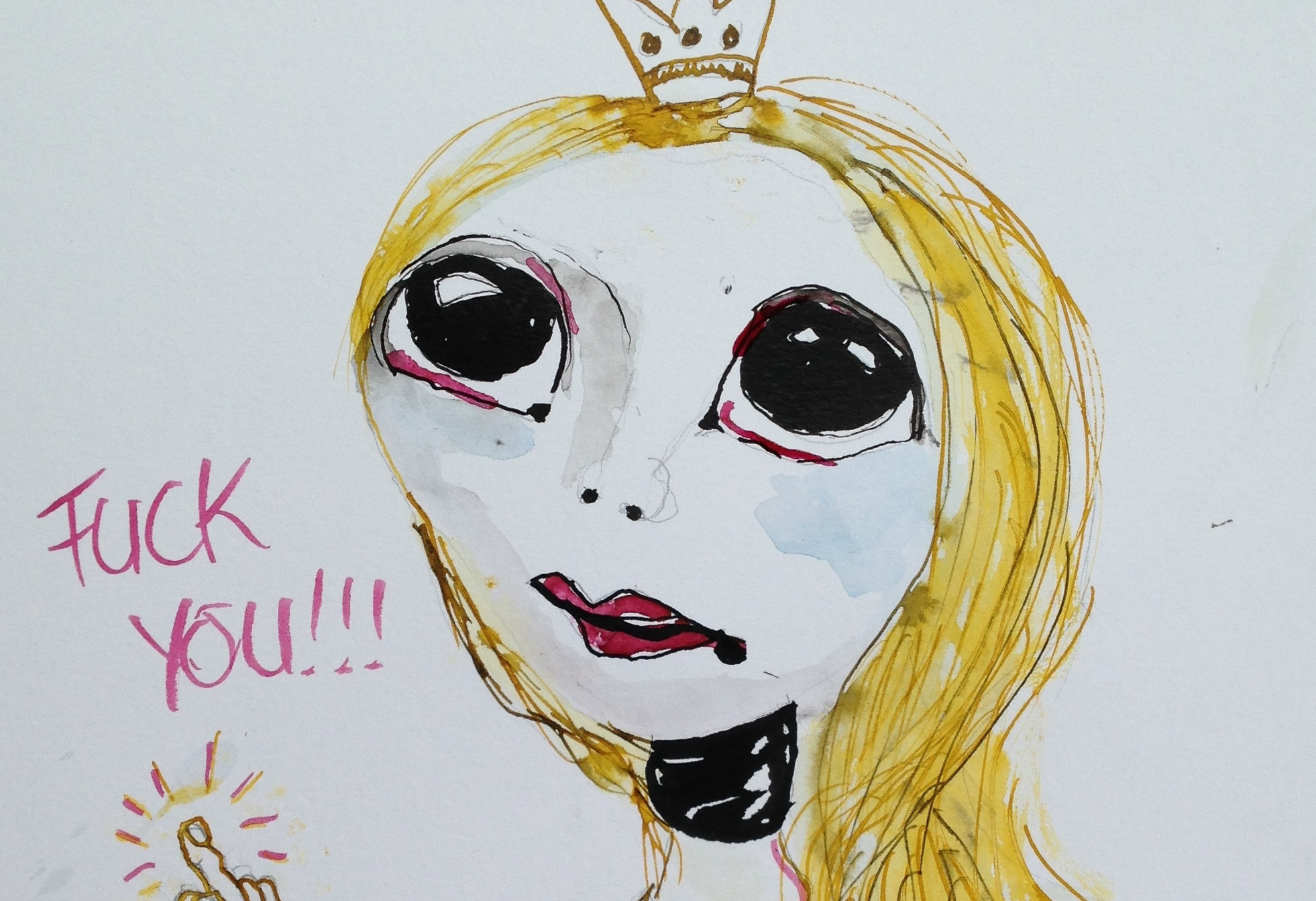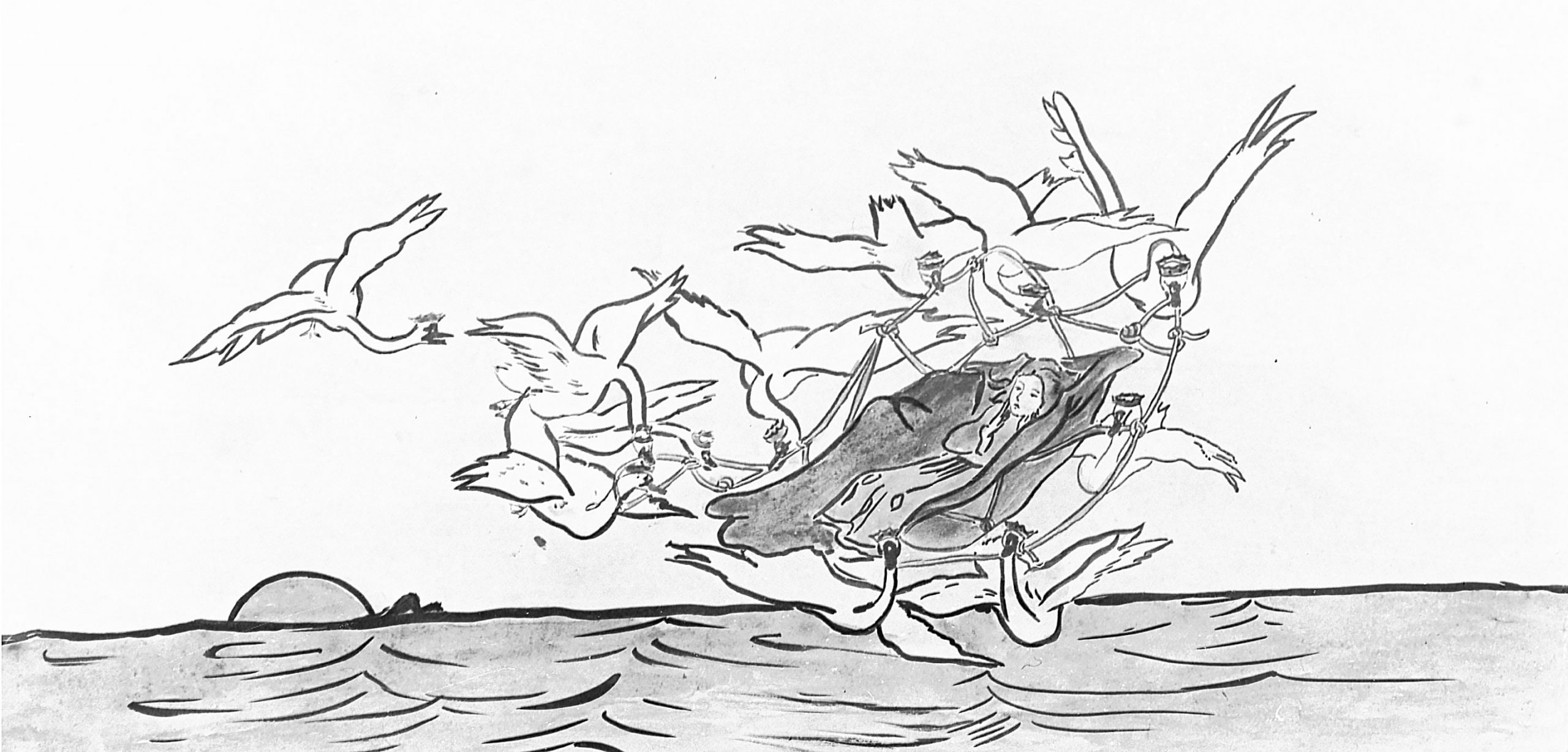Sept. 30 – Oct. 3, 2021 | Indianapolis, IN
Around 1800, the producer (or, “author”) and literary/stage protagonist (or, “hero”) came to be invariably coded as bourgeois middle class, white and male, whereas women received the part of actresses and translators. This gender dichotomy in the perception of male vs. female productivity kept shaping traditional approaches to drama and theatre across the ages, from late medieval well into the 20th century, reaching into our present. This seminar aims at revisiting and contextualizing women’s dramatic texts and theatrical activities in German-language Europe across the ages, bringing to light women’s agency and significance within an over 500-year-long period by means of taking a transcultural, post-national and intersectional approach. The seminar forms part of a new larger project dedicated to a comprehensive Handbook, under review for a SSHRC Insight Grant. It wants to discuss how feminist scholarship in drama and theatre towards the production of the Handbook best proceed.
In view of the planned Handbook, the seminar is meant to instigate scholarship on a diverse cultural productivity by women, from the late medieval period onward. Pioneering research on women’s drama and theatre was rendered as of the late 1980s, leading to significant scholarly output in the field. Since then, women in contemporary German drama and theatre have gained wider presence and recognition; yet a plethora of them still remain in the shadow of their male colleagues up to today. The goal of the seminar is to invite papers dedicated to the early modern to present periods in order to share existing/evolving research and to discuss the topic of women’s drama and theatre from different disciplinary and methodological angles. Peer-review of papers submitted in early August will acquaint participants with each other’s scholarship. Conveners will share current ideas on the Handbook and encourage discussion once the group is constituted. They will structure the discussion before and during the seminar and set up the peer review process. For that a shared google drive folder will be set up. Audiovisual material pertaining to the papers will be shared beforehand. Participants can eventually be invited to collaborate on the Handbook.
Application Process
Please submit a brief abstract outlining the focus of your research and how you see it fit with the larger seminar topic (250 – 500 words) as well as a short CV through the GSA website:
https://www.xcdsystem.com/gsa.
The GSA Seminar portal is expected to be open from January 4th to
25th, 2021.
At this time, the GSA conference organizers are optimistic that an onsite conference will be possible, come October.
Information regarding the format of GSA Seminars:
Our conference will again host a series of seminars. Seminars meet for all three days of the conference during the first or second morning slot to foster extended discussion, rigorous intellectual exchange, and intensified networking. They are led by two to four conveners and consist of 10 to 20 participants, at least some of whom should be graduate students. In order to reach the goal of extended discussion, seminar organizers and participants are required to participate in all three installments of the seminar.
Co-organizers
This Seminar is jointly organized by Annette Bühler-Dietrich (University of Stuttgart, Germany; email: annette.buehler-dietrich@ilw.uni-stuttgart.de) and Gaby Pailer (University of British Columbia, Vancouver, Canada; email: pailer@mail.ubc.ca). Please get in touch if you have any questions regarding the application process and format of this Seminar. We are looking forward to your submission.


